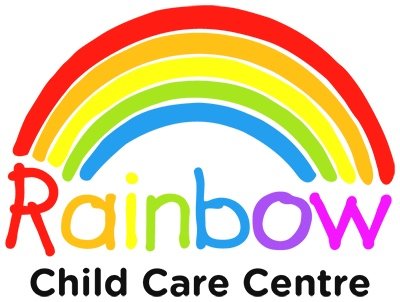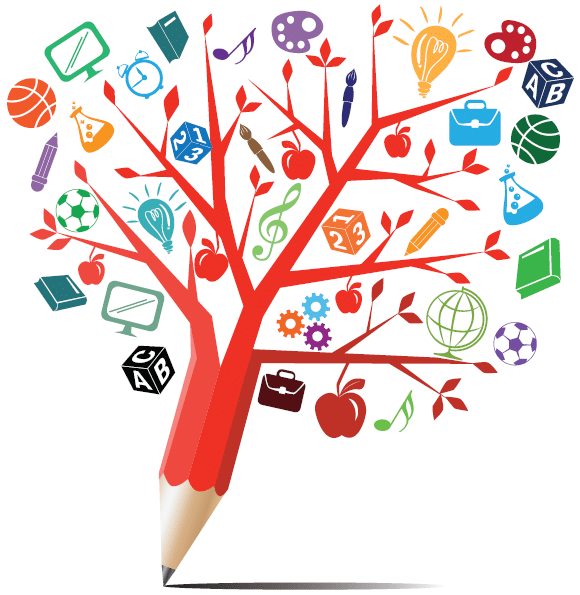Since 1984, Rainbow Child Care Centre has been providing high quality education and care for preschool children. The community we have built continues to grow each year, and our commitment will always be to provide a safe, welcoming, caring and engaging environment for the children and families in our community.
“Alone we can do so little. Together we can do so much. ”
Our Philosophy
THRIVING ABOVE SURVIVING
We strive to ensure that each and every child is set up to THRIVE in life, not just survive within a classroom.
As Maria Montessori explains “the goal of Early Childhood Education should be to activate the child’s own natural desire to learn”. Our program and daily interactions aim to ensure each child continues to be curious and enthusiastic about learning, has the skills and tools to engage positively in social and learning situations, and are strong and capable.
We believe their are multiple ways a child, or adult, can be “smart”, adopting a programming system that ensures that all learning styles are catered for. We utilise Howard Gardner’s Theory on Multiple Intelligences to ensure that we are adapting our teaching practices to the way each child learns best.
“MANGIA MANGIA”
At Rainbow, our meals times are about much more than food! They are about connections, learning and listening.
We provide a nutritious, child-friendly menu, which encourages children to try a wide range of different foods, while still providing “safe” options as well. On our menu you will notice meals such as chicken fajitas, zucchini slice and pasta salad, beef and lentil burgers, and penne bosciaola, to name a few.
Meal times are opportunities for educators to model conversation skills, prompting topics of conversation for the children to engage with in small groups at the tables. Turn taking, using manners, and understanding fairness are among the other skills that children develop during meal times.
We also use these times as an opportunity to build knowledge on how the body works, and the benefits of different foods for our bodies. Children are encouraged to listen to their bodies as to whether they are full, need a little more food, or a lot more food.
COMMUNITY
Rainbow aims to provide a sense of an extended “family” within the centre, especially with the Centre’s strong Italian surrounding. We believe the meaning of family is to have a great number of people who love, cherish and support you for exactly who you are.
The old African Proverb, “it takes a village to raise a child”, is not wrong, and in the 21st century we are slowly losing this concept of a ‘village’. Urie Bronfenbrenner’s theory proves that every aspect of life has an impact on how a child develops and shapes a view on the world. An educators relationships should not solely be focused on just the enrolled child, but the whole family, developing a strong knowledge for each family’s individualities, morals and beliefs, as well as their goals and aspirations for their child. We often have a number of grandparents, aunties, uncles and family friends who visit the centre during the year as well, and we cherish and encourage the relationships that our Rainbow children have with the multiple adults in their life.
We believe each child must have at least a handful of people they can approach for help, or to “fill their bucket” in times they need it - and we strive for our educators to be a part of each child’s community of safe adults for years after their enrolment at Rainbow.
Our Program
Every Early Childhood Service program is guided by the Early Years Learning Framework, set out by the Department of Education. On top of this, to personalise our program, we have designed two of our own documents based on how we believe children learn and how we can best help them to THRIVE.
Our first document is a set of ‘Learning Styles’, adapted from Howard Gardner’s Theory on Multiple Intellegences. Gardner believes that we all have a range of different intelligences, not just one general cognitive intellegence. We believe this theory helps to guide us to teach the way each child prefers to learn. For example, some children may be more musical than other children who may be more physical learners.
Our second document is a compiled list of “Life Skills”, that was created by the team in 2021. This list aims to ensure we are providing children with opportunities to practice the skills and tools that will help them succeed beyond the classroom and in the wide world. These are the skills we believe a child needs to become an active and positive participant in the community.
For details on these guiding documents, read below.
Learning Styles
Adapted from Howard Gardner’s Theory of Multiple Intellegences
Linguistic/Verbal - stories, conversations, poems, jokes, different languages.
Kinaesthetic - hands on/small world/sensory, fine or gross motor (FMS), dancing, acting, imitating.
Logical/mathematical - problem solving, applying strategy and logic, transfer and adapt knowledge between situations.
Visual/Spacial - Reading directions, drawing and painting, construction.
Auditory/Musical - songs, instruments, rhythms, rhymes.
Intrapersonal - independent learning, understanding strengths and weaknesses, setting goals.
Interpersonal - teamwork, utilising others strengths, helping others, being a leader.
Naturalistic - caring for animals or the environment, using natural resources
LIFE SKILLS
Cognition
Language and Literacy
Phonics and phonemes
Name and Letter recognition (upper and lower case)
Rhyming, rhythm, alliteration
Opposites and comparisons
Numeracy and Mathematical Thinking
Sorting, Classifying and Matching
Rote Counting and Subitising
Number, Colour and Shape Recognition
Patterns and Repetition
Overall
Memory Recall
Risk Assessing
Problem Solving and Flexible Thinking
Questioning and reasoning
Making meaning, logical connections and transferring knowledge between contexts
Interpersonal
Conversation skills - listening, taking turns, appropriate language and tone, responsiveness.
Turn Taking, Sharing, Negotiating and Understanding Fairness
Understanding and Respect for Differences
Respect for Environments and Communities (also others’ belongings)
Intrapersonal
Self Confidence (belief in ones abilities, understanding of strengths and acceptance of weaknesses)
Patience, Persistence and Accepting Challenges
Interest in Learning (Curiosity, Creativity and Imagination)
Self Help and Self Care Skills
Agency, Autonomy and Independence
Following Instructions
Sustained Attention and Concentration
Motor Skills
Balance and core strength
Fundamental motor skills - throwing, catching, kicking, running, hopping, dodging
Fine motor - dexterity, strength and control (incl. scissor skills and pencil grip)
Spacial Awareness
Coordination (E.g. hand-eye, foot-eye, Bilateral movements)








